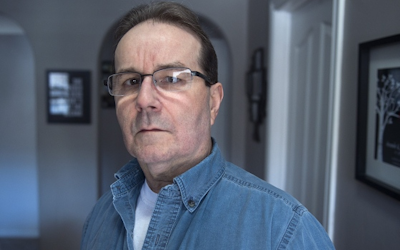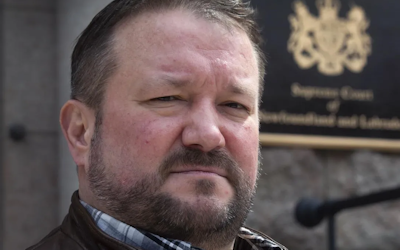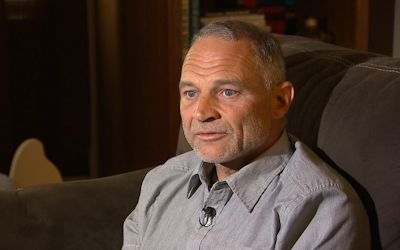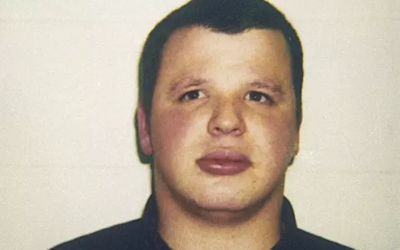Canada's guidelines for compensating wrongfully convicted persons have been in place since 1988, when the federal, provincial, and territorial governments developed them in response to several high-profile wrongful convictions.
These guidelines provide for only minimal compensation to wrongfully convicted individuals themselves (not their families), and have not been revised to keep pace with economic realities. They also require a declaration of the wrongfully convicted person's innocence for compensation to be awarded, even though Canadian courts have held that they have no jurisdiction to make such declarations. This requirement has been ignored in some cases where the government chose to provide compensation regardless, but this is inconsistent and many wrongfully convicted people receive no compensation at all.
The United Nations Human Rights Committee has found that Canada's limited approach to compensating victims of miscarriage of justice is in breach of our treaty obligations. Canada has so far failed to properly implement the requirement for compensation under section 14(6) of the International Covenant on Civil and Political Rights. For Canada to fulfill its human rights obligations, comprehensive legislation must be enacted to replace the restrictive 1988 guidelines.




















